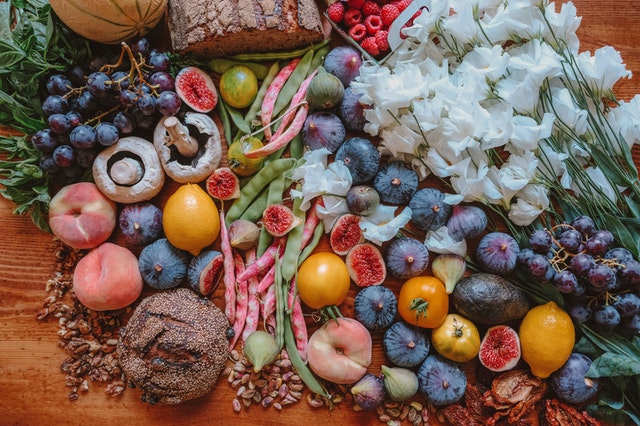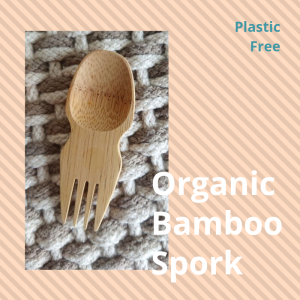“Did you know – by eating vegan food over the next month you could save 900 square feet of forest?”. This is the opening email you get if you join the Veganuary challenge.
The challenge, launched by a campaign in the UK in 2014, during these years has inspired over ten million people. Not only in the UK but across the globe for you to try going vegan for January. This means avoiding meat, fish, dairy products and eggs. It seems quite a challenge, don’t you think? By signing up the charity will support you for the whole month. They give you tips, resources and recipes among other things to make your challenge much easier to achieve.
Since we are spending more time at home during this period there is no excuse not to get creative in the kitchen. Otherwise, food brands, supermarkets and restaurants are proposing new plant-based versions of food classics so look out for them when you are at the supermarket or if you are planning to get a takeaway.
It also looks like the pandemic has boosted the movement further. “In August, Veganuary commissioned a survey which found that a third of people in the UK were eating more vegan food as a result of the coronavirus outbreak, primarily in a bid to be healthier.” Source
If you don’t want to join the Veganuary challenge there are some alternatives if you feel as if going vegan is a step too far. You can look at having a flexitarian diet instead. This is eating less meat and it is more plant-based.
Why should you join the Veganuary challenge and go vegan this January?

For the planet:
- “Cows, pigs and other farm livestock in Europe are producing more greenhouse gases every year than all of the bloc’s cars and vans put together, when you take into account the impact of their feed, according to a new analysis by Greenpeace.” Source
- Global livestock is “responsible for 14.5 per cent of all human-generated greenhouse gas emissions.” Source
- More than 80 per cent of deforestation in Brazil was to graze farmed animals, and still more forests are destroyed to leave space for crops to feed animals in other parts of the world.
For your health:
- “An appropriately planned vegan diet is healthful for all stages of life.” The Academy of Nutrition and Dietetics
- A plant-based diet supports the immune system, improves the integrity of the gut barrier and regulates digestive function.
- People on a vegan diet lose weight as they reduce the number of calories they eat. A completely vegan diet is 100% cholesterol-free.
- Research has linked a vegan diet with lower blood pressure and cholesterol, reducing the risk of heart disease.
- A vegan diet gives the benefit of a reduced risk of cancer.
- Following a balanced, whole-food vegan diet may reduce the risk of developing type-2 diabetes.
- Scientists have previously linked outbreaks of both swine flu and avian flu to chicken farms.
For animals:
- The meat and dairy industry to cope with high demand often look after animals in overcrowded, squalid conditions where it is easy for them to become ill and spread disease.
- We should consider animals as equals to human beings, not treated as a property and respected in their desires and needs. This should not just be the case for dogs and cats but also for pigs, cows, fish etc.
- Using animals and causing unnecessary harm to them is wrong, regardless of how you treat them.
Some resources to get you started:
You can find out more about Veganuary and sign up here.
A complete guide on vegan nutrition from the International Vegan Association.




